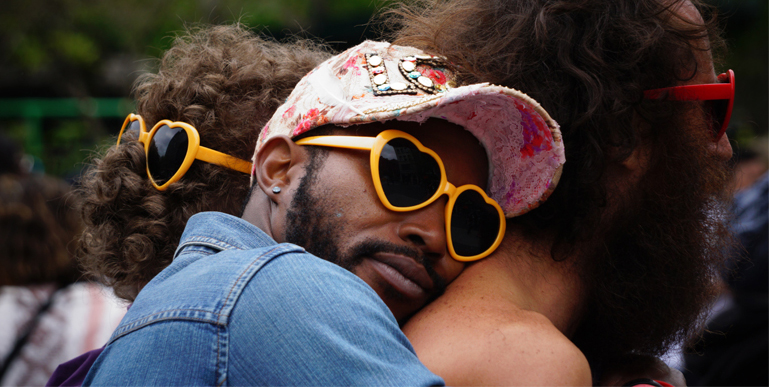1) There’s no perfect time to have this conversation – the time is now
There’s a distinct possibility that your child/teen has been exposed to something about this already, and who better to have this conversation with than you? Parents know their children and they also have an adult perspective. You don’t need to be an expert – you just need to know how you feel, why it’s important to you and what message you want your child to get. There is no “perfect” way to have this conversation. The wrong thing would be to not have this conversation.
2) Let the conversation be an ongoing one
Start young. Children are aware of differences in skin colour in the first year of life. So, begin early. This does not and should not have to be a one-time conversation. Bring it up when there are teachable moments, and it doesn’t have to ever stop, even when they are adults.
3) Be concrete
This does not need to be a conversation that focuses on abstract concepts. Depending on the age of your child/teen, focus on concrete aspects of their life that might be impacted by racism. (Do their friends make racist comments that everyone laughs at?) Parents can share their own experiences of seeing/being the recipient of stigma and discrimination as a way to make it more concrete. If your child/teen makes a comment that is considered offensive, don’t shame them – explain why it is wrong to speak that way.
4) Let this be an open-ended conversation
You can be honest, encourage your child to ask questions and, if you don’t know, say you don’t have the answers. It’s alright to say that you are unsure about something or that you are still working something out yourself. Also, take the time to listen to your kid and what their experiences have been like.
5) Be a role model
Your child/teen will learn as much (and more) from what you do as they do from what you say. Encourage your child/teen to explore the contributions of people of colour and other minority groups to Canada and its progress as a nation. If you want them to speak up when they encounter racism, you should be speaking up as well. And give them confidence that you will have their back if they speak up.
6) Ensure that your child/teen feels safe
Obviously, there are some children who will feel safer than others. We want children/teenagers to understand that the current situation is not ideal, but we want them to know that we are working on it and we are doing what we can to ensure their safety.




